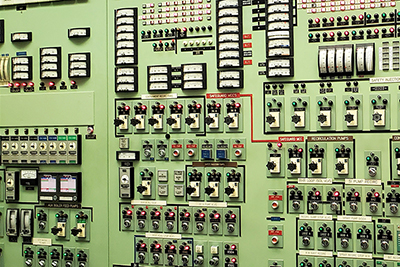Imagining a New Future for Nuclear Power
 If nuclear power is to be an important source of carbon-free energy in the United States, the industry must confront its history and acknowledge why public support for this source of energy has fallen over the last half century. Rather than simply attempting to allay public concerns about nuclear accidents or waste storage, such reimagining will require rethinking what nuclear power is for, how its risks and benefits are distributed, and how we educate nuclear engineers.
If nuclear power is to be an important source of carbon-free energy in the United States, the industry must confront its history and acknowledge why public support for this source of energy has fallen over the last half century. Rather than simply attempting to allay public concerns about nuclear accidents or waste storage, such reimagining will require rethinking what nuclear power is for, how its risks and benefits are distributed, and how we educate nuclear engineers.
Is it possible for nuclear power to answer the call for the small-scale, community-focused, decentralized energy future envisioned by many progressives? Can nuclear engineering jettison its tradition of training engineers to be uncritical champions of the technology? What would a revitalized nuclear industry look like?
On June 1, Issues in Science and Technology and the Consortium for Science, Policy & Outcomes will host a discussion with Suzanne Hobbs Baker (Good Energy Collective), Denia Djokić (Belfer Center for Science and International Affairs), Jessica Lovering (Good Energy Collective), and Aditi Verma (Belfer Center for Science and International Affairs), moderated by Gloria Gonzalez (Politico).
These nuclear engineers and experts are actively engaging with the question of how their field—not to mention power plants themselves—could change to meet the challenges of the present and future.
Register now to join the conversation!
Keep the conversation going on Twitter by following @ISSUESinST and @CSPO_ASU. And stay up-to-date on the latest news and events from Issues with for our free digital newsletter.
